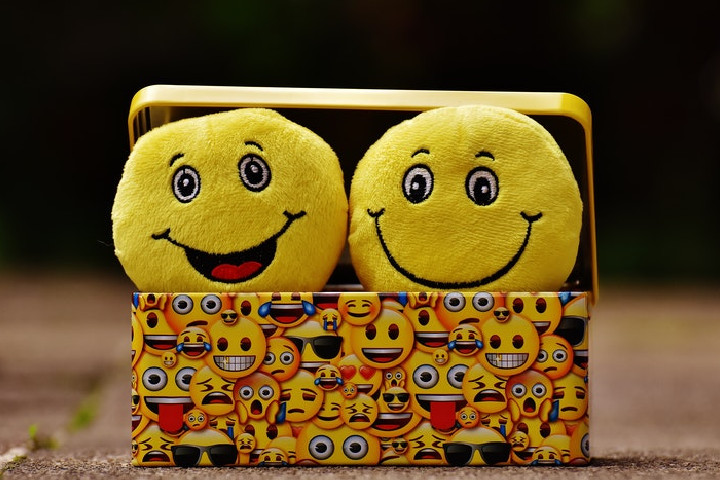Emotions: Pride, compassion, envy, melancholy What feeling invades you today? Moods more subtle than emotions, but they can affect us significantly.
We can repress them, hide them, or reject them, but we will deny our humanity. Being aware of them will help us to be in balance.
Moods, unlike primary emotions, are less intense but more lasting and influential; They may seem weak, discreet, easy to forget, but we underestimate their power and influence, capable of ruining our day.
The little nuances of the soul colour of our life. Moods such as melancholy or good humour influence us more than great emotions.
They all teach us something, so it is important to accept and love them because they ultimately make us human.
Table of Contents
1. Differences Between Emotions and Moods
Pride, compassion, envy, melancholy We could define states of mind as mental contents – conscious or unconscious – in which rules of the body, subtle emotions, and automatic thoughts are mixed.
The role they play and their influence on who we are and what we do is immense, and yet we pay little attention to them.
But we can approach them, as they offer us very valuable information; It is only necessary to stop: stop working, running, cursing the world …

Moods do not necessarily have a precise object like emotions, which does not imply that they are without cause, but this is not obvious.
In general, emotions are a “response” to something that “comes” to us from outside; moods, on the other hand, can also come to us from within, be self-produced.
Emotions radicalize and simplify our perception of events; moods complicate it but make it more subtle.
2. Mood Or Emotions
Emotions are “social agitators” that modify our relationship with others and with the world; Rather, moods are “internal agitators” that modify our relationship with ourselves and our vision of the world – which can lead us to change many things, but in a slower way.
Emotions drive us towards external action, and moods, first of all, towards internal reflection.
Moods can persevere in the wake of strong emotions (the state in which we find ourselves after great joy or great disappointment), and they can also represent the terrain that facilitates them: late payment, which favours strokes of sadness and melancholy; the resentment that waves of anger prepare; panic erupting against a background of anxiety.
First, the grey clouds come, and then the storm breaks, But the essence of our mental meteorology is based more on moods: after all, we spend little time under the influence of anger and much more under the control of our emotions. Irritations.
Longer with nostalgia than with true despair. More time with concerns than with a great crisis of anguish
3. How to Know What the State of Mind Invades Us
Our moods are always there, like background noise, but to perceive them, it is necessary to stop and listen; as if we were walking through the forest and stopped to hear: we would then see the sound of the wind, the sound of the trees moving, the chirping of the birds.

Stopping to listen to the murmur within us is usually enough at first; If we want to go further, it will be necessary for us to learn to listen and better observe our moods, using, for example, meditation.
4. The Meditation
The Meditation Zen Precisely Gives Us a Beautiful Metaphor We can observe our moods by staying close to them, like a walker who enters a waterfall and remains sheltered, between the rock and the falling water, shaking a little, something wet too, but protected and in a privileged place.
One of the goals of meditation called “mindfulness” is precisely to stand aside for a moment and watch moods pass, break them down, understand them … but without trying to stop their flow. Can anyone stop the water from a waterfall?
Now that we know what a mood is, we can ask ourselves what distinguishes them from emotion. The answer could be that the state of mind is an evolved and civilized cousin of the feelings that have become more obsolete; they are subtle emotions.

